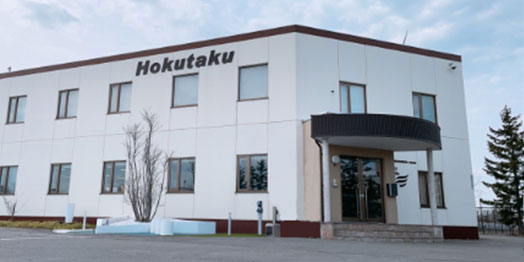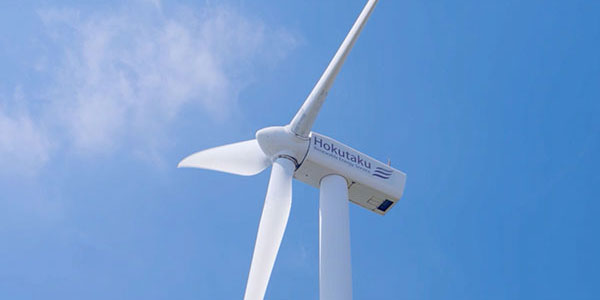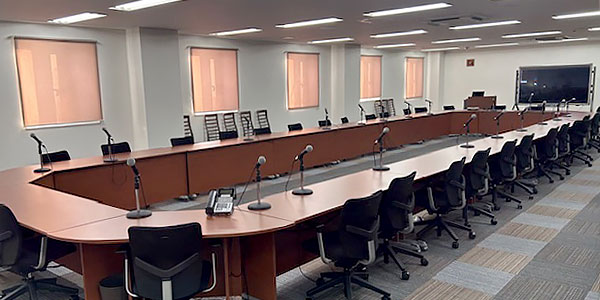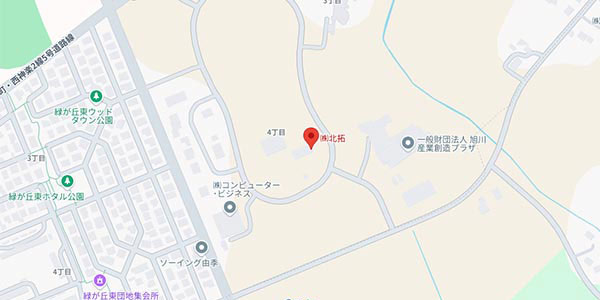- Top Page
- Company information
- Sustainability
Sustainability

Toward "Carbon Neutrality by 2050"
1. Sustainability Issues (Materiality)
Since its foundation, based on the corporate philosophy of "expanding the spread of renewable energy through maintenance technology and striving for the sake of future generations," Hokutaku Co., Ltd.. We have formulated the following vision for us.
In response to the world trend, Japan is accelerating its efforts to achieve zero greenhouse gas emissions by 2050, in other words, to realize a "carbon neutral" or "decarbonized society in 2050. In Japan, where the spread of renewable energy is also accelerating, Hokutaku Co., Ltd. hopes to remain at the forefront of the industry with the maintenance technology it has cultivated to date from a third-party standpoint.
We have reinterpreted our commitment to our vision in the context of the SDGs and sustainability, and have identified our key management issues with the aim of contributing to the sustainable development of society by solving social issues, as well as to enhance our corporate value over the medium to long term. We will take this opportunity to further strengthen our sustainability efforts and contribute to the achievement of the SDGs through our business activities.
We have always been committed to solving social issues that society relies on and that involve all stakeholders, including our employees. In order to achieve our Vision and GOAL, we have set three specific materiality themes of "Coexistence with the Environment," "Contribution to Local Communities," and "Right Management" to strengthen our sustainability efforts."
2. Identification process
Step 1: Identification of Social Issues
Based on the 10 principles of the UN Global Compact, the SDGs, and other international guidelines, we identified a broad range of social issues.
Step 2: Prioritize social issues
We comprehensively evaluated the issues based on two axes: the level of importance required by society and the level of importance that we should address, and narrowed down the list to the highest priority items.
Step 3: Validation
The formulation process and extracted materialities were discussed internally, including at the management level, to confirm their validity.
Step 4: Identify Materialities
As a result of our review, we have identified six materialities to be addressed. We will continue to review them periodically in response to changes in the external environment and the progress of our initiatives.
3. sustainability policy
Based on our corporate philosophy, this policy indicates our commitment to contribute to the sustainable development of society and to the sustainable growth of us.
sustainability policy
We aim to contribute to the sustainable development of society and to enhance our corporate value over the medium and long term, based on our corporate philosophy of “expanding the use of renewable energy through maintenance technology and striving for the benefit of future generations”.
4. Materiality
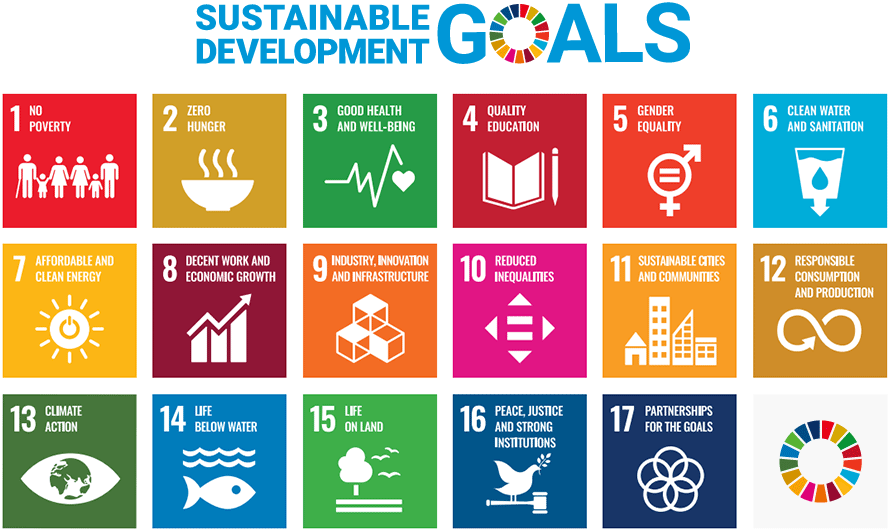
| Themes | Materiality | Key initiatives | KPI | SDGs |
|---|---|---|---|---|
Coexistence with the environment |
Leading the decarbonized society |
|
➢Commitment to SBT for SMEs
|
SDGsGOAL13 |
| Promoting the use of renewable energy for electric power |
|
SDGsGOAL7 |
||
| Promotion of energy conservation of electric power and energy |
|
SDGsGOAL7,13 |
||
| Promotion of resource reuse |
|
➢Disseminate information on rebuild/reuse initiatives to the outside world. | SDGsGOAL12,13 |
|
| Contribution to the local community (Issues encompassed: industry-academia collaboration, infrastructure development, etc.) |
Co-creation and co-prosperity with local communities through wind industry promotion |
|
➢Consultation meetings: Actively seek matching intermediaries such as manufacturers and communicate with people in the fishery industry. | SDGsGOAL9 |
| Right Management (Issues encompassing: governance, compliance) |
Reinforcement of sustainable management foundation |
|
➢Employee participation rate of 100% in compliance training. | SDGsGOAL16 |


